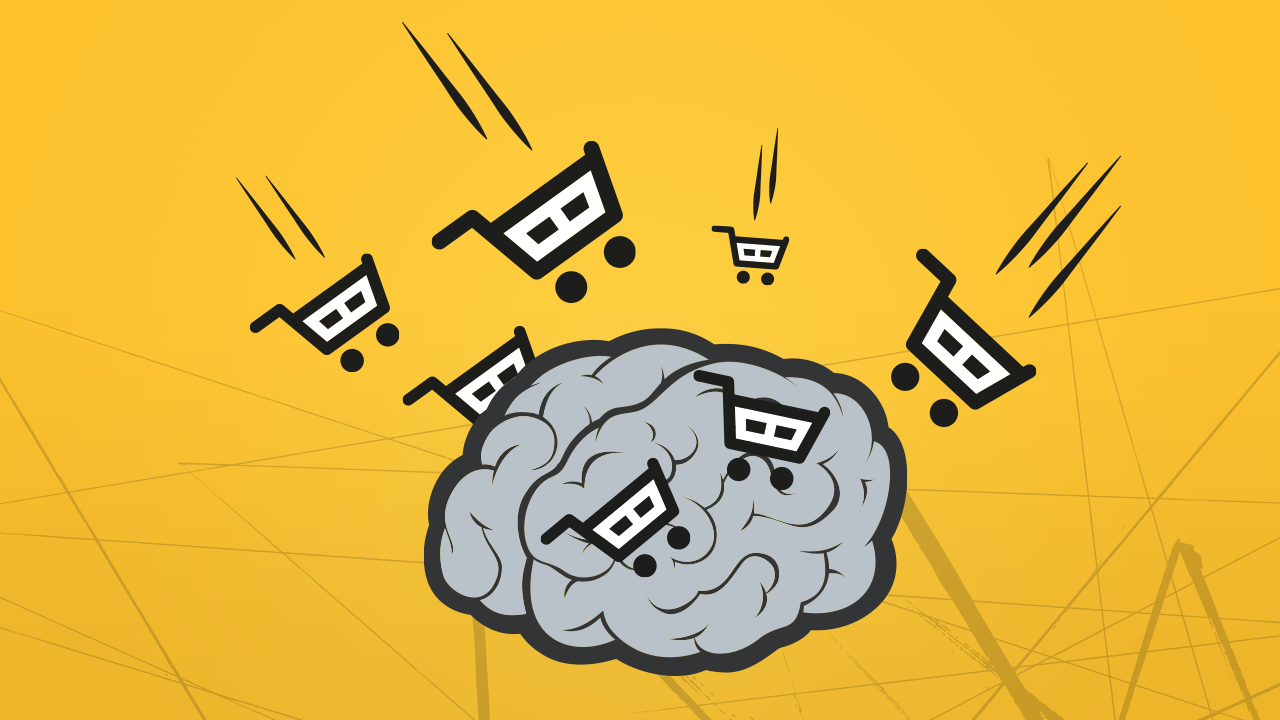
How do we make decisions as consumers? What do we pay attention to, and how do our initial responses predict our final choices? To what extent are these processes unconscious and cannot be reflected in overt reports? This course will provide you with an introduction to some of the most basic methods in the emerging fields of consumer neuroscience and neuromarketing. You will learn about the methods employed and what they mean. You will learn about the basic brain mechanisms in consumer choice, and how to stay updated on these topics. The course will give an overview of the current and future uses of neuroscience in business.
What's inside
Syllabus
What is Neuromarketing all About?
We first need to define the field – what are the key concepts, what are the key methods and reasons for employing neuroscience to study consumers and communication effects? In this module, we will introduce the topic and how some specific studies provide key insights into what neuroscience has to offer in relationship with more traditional methods.
Read more
Syllabus
Good to know
Save this course
Reviews summary
Interesting consumer neuroscience course
Activities
Review your notes from previous courses in psychology and marketing
Show steps
Refreshing your knowledge of psychology and marketing will help you better understand the concepts in this course.
Show steps
-
Review your notes from previous courses in psychology and marketing.
-
Identify the key concepts that are relevant to this course.
-
Summarize the key concepts in your own words.
Compile a list of resources on consumer neuroscience and neuromarketing
Show steps
This activity will help you become more familiar with the field of consumer neuroscience and neuromarketing and identify resources that you can use to continue your learning.
Show steps
-
Search for online resources on consumer neuroscience and neuromarketing.
-
Create a list of the most relevant and informative resources.
-
Organize the list by topic.
Review the book "Neuromarketing: The New Science of Consumer Behavior"
Show steps
This book provides a comprehensive overview of the field of consumer neuroscience and neuromarketing.
View
The Persuasion Code: How Neuromarketing Can...
on Amazon
Show steps
-
Read the book and take notes.
-
Summarize the key concepts in the book.
-
Apply the concepts to a real-world marketing campaign.
One other activity
Expand to see all activities and additional details
Show all four activities
Form a study group with other students in the course
Show steps
Studying with other students can help you learn the material more effectively and identify areas where you need additional support.
Show steps
-
Find a few other students who are enrolled in the course.
-
Set up a regular meeting time and place.
-
Review the course material together.
-
Work on practice problems together.
-
Quiz each other on the material.
Review your notes from previous courses in psychology and marketing
Show steps
Refreshing your knowledge of psychology and marketing will help you better understand the concepts in this course.
Show steps
- Review your notes from previous courses in psychology and marketing.
- Identify the key concepts that are relevant to this course.
- Summarize the key concepts in your own words.
Compile a list of resources on consumer neuroscience and neuromarketing
Show steps
This activity will help you become more familiar with the field of consumer neuroscience and neuromarketing and identify resources that you can use to continue your learning.
Show steps
- Search for online resources on consumer neuroscience and neuromarketing.
- Create a list of the most relevant and informative resources.
- Organize the list by topic.
Review the book "Neuromarketing: The New Science of Consumer Behavior"
Show steps
This book provides a comprehensive overview of the field of consumer neuroscience and neuromarketing.
View
The Persuasion Code: How Neuromarketing Can...
on Amazon
Show steps
- Read the book and take notes.
- Summarize the key concepts in the book.
- Apply the concepts to a real-world marketing campaign.
Form a study group with other students in the course
Show steps
Studying with other students can help you learn the material more effectively and identify areas where you need additional support.
Show steps
- Find a few other students who are enrolled in the course.
- Set up a regular meeting time and place.
- Review the course material together.
- Work on practice problems together.
- Quiz each other on the material.
Career center
Market Research Analyst
Advertising Copywriter
Product Manager
Brand Manager
Marketing Consultant
Consumer Psychologist
Public Relations Specialist
Sales Manager
Business Analyst
Social Media Manager
Market Research Manager
User Experience (UX) Researcher
Marketing Director
Neuroscientist
Surgeon
Reading list
Share
Similar courses
OpenCourser helps millions of learners each year. People visit us to learn workspace skills, ace their exams, and nurture their curiosity.
Our extensive catalog contains over 50,000 courses and twice as many books. Browse by search, by topic, or even by career interests. We'll match you to the right resources quickly.
Find this site helpful? Tell a friend about us.
We're supported by our community of learners. When you purchase or subscribe to courses and programs or purchase books, we may earn a commission from our partners.
Your purchases help us maintain our catalog and keep our servers humming without ads.
Thank you for supporting OpenCourser.


